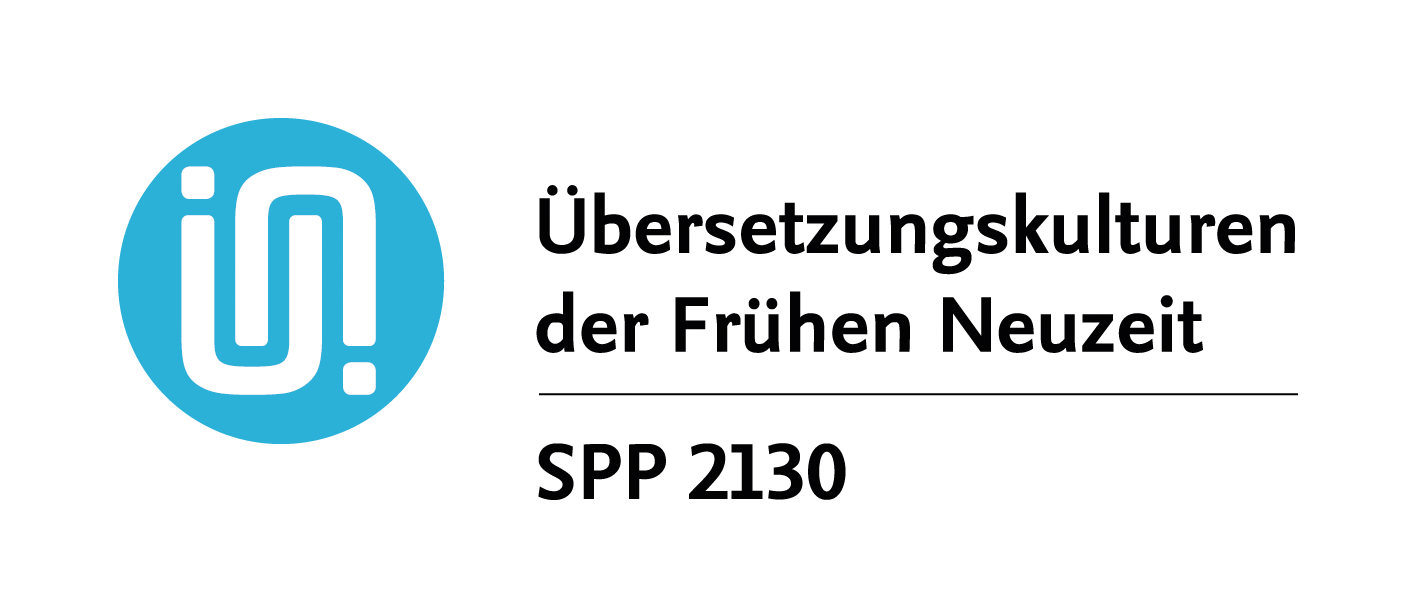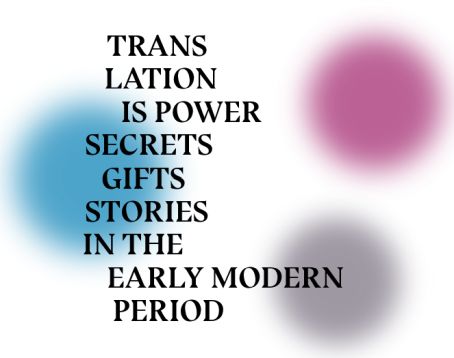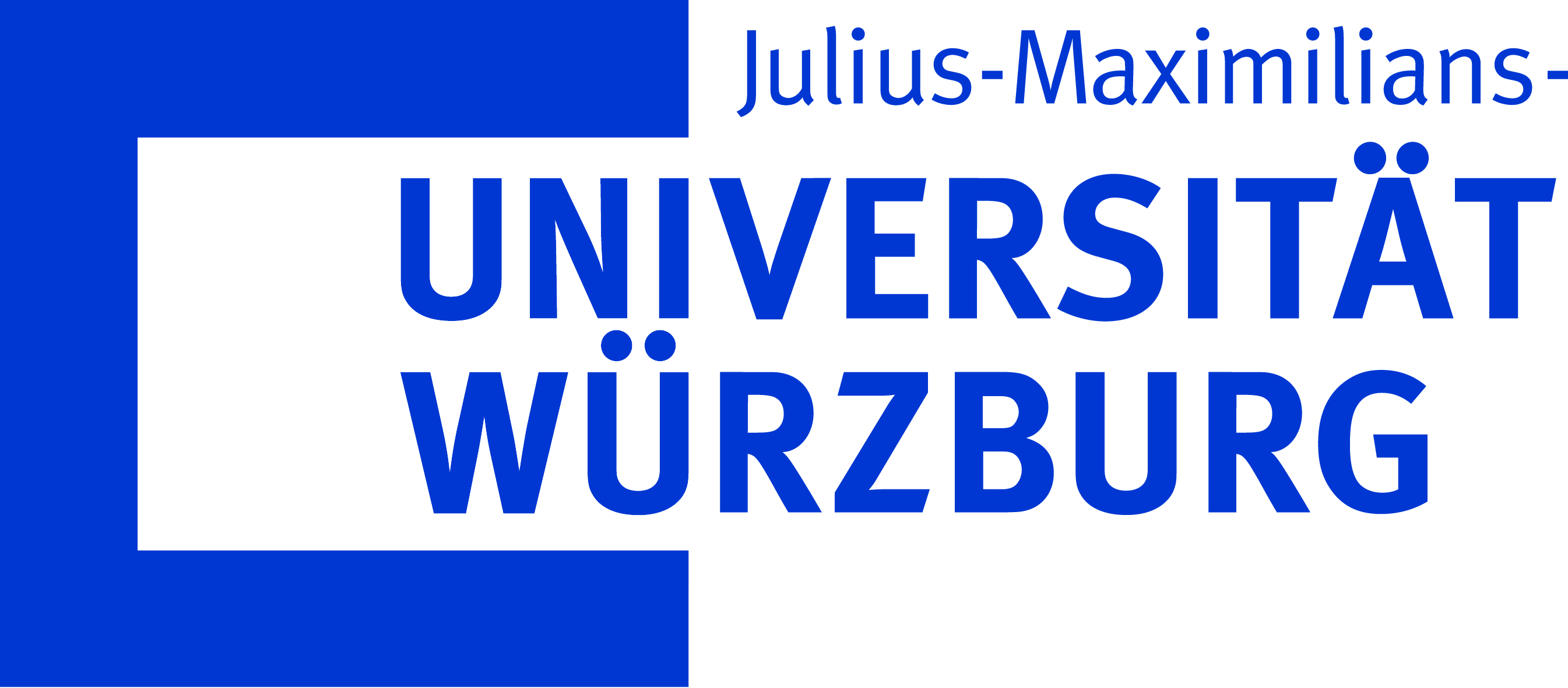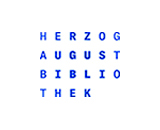Section 2
Section 2: Anthropology and Knowledge (director: Regina Toepfer)
Translation is a culture-endowing practice with which contents are conveyed into a new language system, literature and knowledge formation take place, and at the same time power structures are balanced. The differing accentuations in the source and target texts testify to how norms are adapted and transformed to take hold anew in a society. Translations contribute to the constitution of identity and the formation of social hierarchies in that they are produced by human beings for human beings and address human affairs. In the transfer process, images of the world and of mankind, and in particular conceptions of gender, class and race are often explicitly – but always implicitly – reflected on, are usually binary in structure, and are established for the long term. Translations of the Early Modern period reflect the contemporary discussions that were sparked by the Protestant movement and continued in the confessional cultures – discussions about the differing values and roles of men and women, clerics and laypersons, married couples and members of cloisters, the believers and the disbelievers, princes and subjects, courtiers and citizens, the educated and the illiterate, old and young, the sick and the healthy.
The second section adopts approaches of gender and intersectionality research and combines them with historical translation research. This paves the way for practicing an archaeology of anthropological knowledge and examining the translation-cultural construction of the categories of gender, sexuality, ethnicity, nation, class, religion, health, origins, education and ownership.
Projects
PD Dr Sonja Brentjes, Dr Victor de Castro León, Alberto Tiburcio
Mediterranean Nautical Cartography in Arabic and Ottoman Turkish: Islands or Gateways of Knowledge in the Sea of Transcultural and Translinguistic Translation Processes?
Prof Dr Regina Toepfer, Jennifer Hagedorn
Translational Anthropology. German 16th Century Translations of Homer and Ovid from the Perspective of Intersectionality Research
Dr Katja Triplett
Japan’s Translated Religion: Christianity, Transculturality and Translation Cultures in the 16th and 17th Centuries
Prof Dr Martina Schrader-Kniffki, Yannic Klamp, Malte Kneifel
Colonial Translation Practices in the Periphery of New Spain between Evangelisation and Local Indigenous Jurisdiction in Spanish and Zapotec Language (16th and 17th Centuries)
Prof Dr Christina Strunck, Lukas Maier
Art and Crisis: Transnational and Interconfessional Translation Processes in the Visual Arts and Architecture in Great Britain (1625–1727)
Prof Dr Dirk Werle, Sofia Derer
Johann Michael Moscherosch: Translation – Knowledge – Narration




